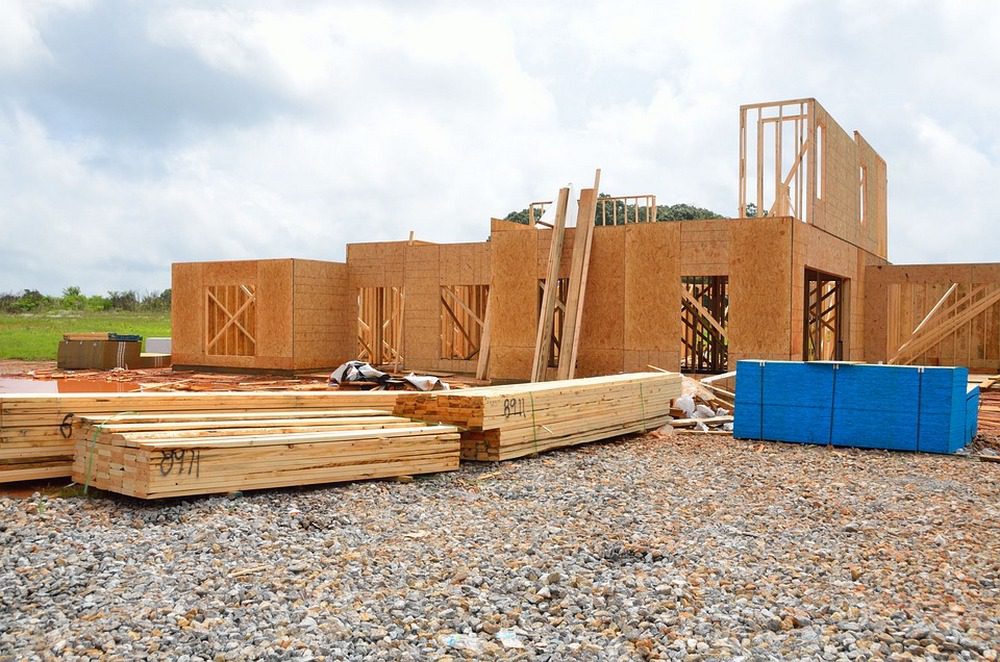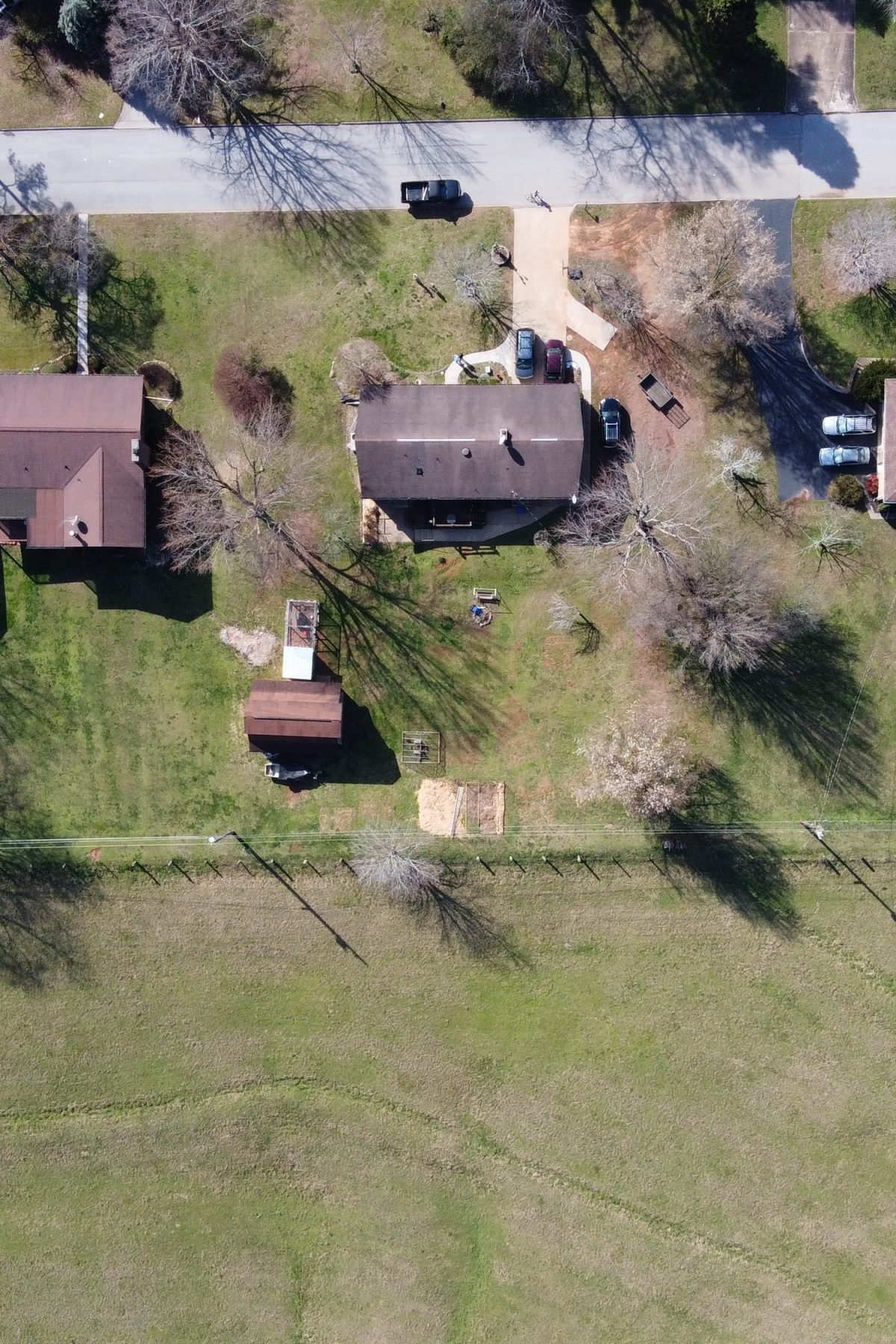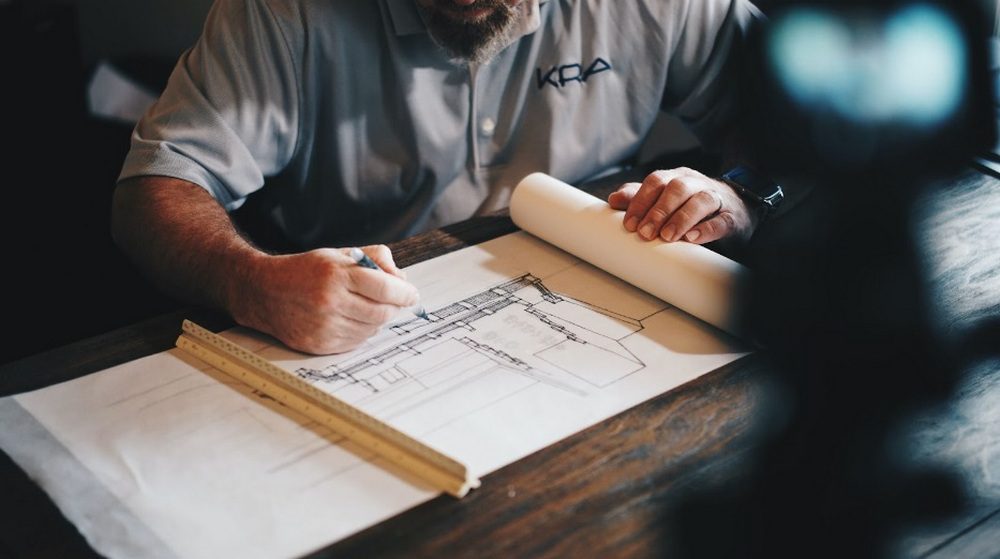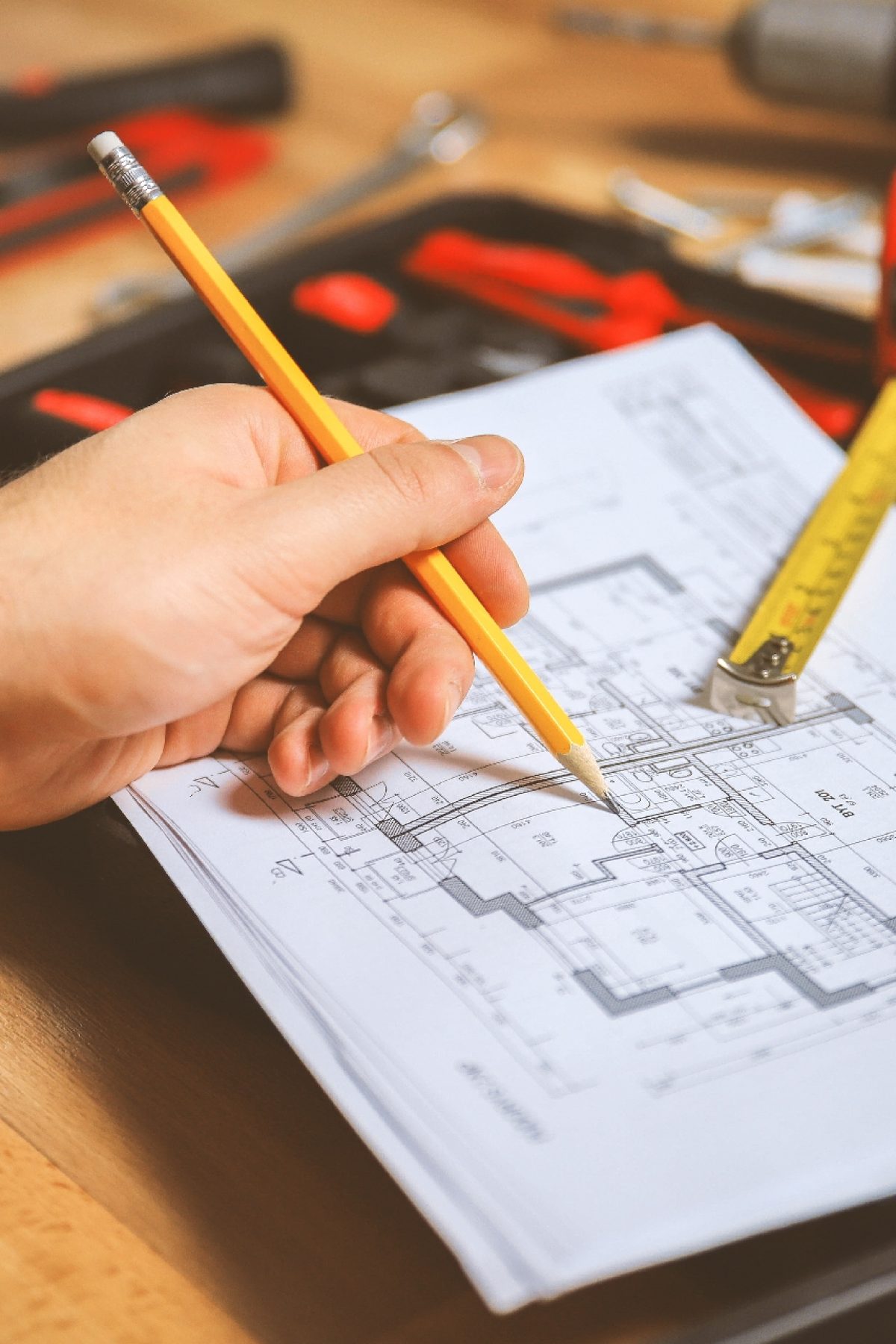
When you finally decide to become a homeowner, you have two options: buy or build. Both options have their perks. For instance, buying is often the quicker option, but when you build your own home, you get to choose every detail and make it truly yours.
Building a home is no small feat, and it requires a lot of planning, budgeting, and preparation. Everything from deadlines to finances to permits and more. Before breaking ground, there’s plenty of preparation you need to do in order to ensure the construction process goes smoothly and the final result is something you can be proud of.
Ready, Set, Build: Check Out the Key Preparations for Your New Home
It’s important to have a plan before you start the building process to ensure the best possible outcome. Here we will look at the 6 most important preparation steps every new home builder should take before beginning their project.

1. Find a Suitable Lot
You need a piece of land where you will build your new house. When selecting a lot, it is essential to consider location, size, soil type, and zoning regulations. Make sure you do your due diligence before buying the land to ensure that it meets all your requirements and there are no surprises later on.
In some cases, you may need to purchase land in different locations and combine them to create the perfect size lot. You may also need to look into zoning regulations and ensure that your proposed build is allowed.
A suitable lot should offer plenty of space for construction, not only enough room for the physical structure, but also any driveways, walkways, or landscaping. It’s also important to look for potential drainage issues or zoning restrictions that could affect your plans.
Take the time to survey the land itself, the topography and orientation can have an impact on everything from energy usage costs to available sunlight.
2. Set a Budget
Some argue that it is best to set a budget after deciding on features and finishes for your new home. It allows you to see how much each item would cost and plan accordingly. However, it is always best to set a budget before you get into the nitty-gritty of the building process. Setting a budget will help keep your costs within limits and prevent future surprises.
When setting a budget, ensure you include all costs, such as permits, contractor fees, taxes, and more. Take some time to research the average cost of building a home in your area and adjust accordingly. Also, set aside some money for contingencies and make sure you have a good understanding of what is included in the budget.
Remember, the building project does not end when you complete construction. You will need to clean up, the landscape, buy furniture, and other post-construction costs. A company that specializes in can help clean the property in preparation for new builds. Your budget should also include costs related to that.

3. Choose a Floor Plan
Your floor plan will determine how your home looks and functions, so choose wisely. Be sure to include open spaces, natural light, and easy access to outdoor areas. The will determine the size, layout, and overall design of the house.
It is important to select a floor plan that works for you and your family’s needs. Consider how many bedrooms you want, if you need an open-concept living area, or if you need a dedicated office space.
You can also consider features such as fireplaces, outdoor patios, and other amenities. It is crucial to keep in mind that certain features may require additional planning and budgeting. You can always adjust the plan and choose what works best for you. Remember, thinking of your floor plan functionally and aesthetically is crucial.

4. Get Professional Help
Building a home is no easy task. It requires knowledge, experience, and expertise in construction and building codes. It is best to . Professional help will ensure that your home meets local building codes and is safe for you and your family. It will also help you stay within the budget and get the most out of the project.
A building contractor can help you with the entire process, from finding a suitable lot to completing the project. They can help guide you through the process and ensure everything is done correctly.
Getting quotes from multiple contractors before making a final decision is vital. This will ensure that you are getting the best deal possible. Ask questions such as experience, references, insurance, and certification.
Having written contracts with all the professionals involved will also help keep everyone on the same page and reduce potential disputes. You should also keep in mind that construction projects can take longer than expected, so it may be beneficial to find a contractor who is willing to work with you on timelines and budgets.
5. Get the Right Permits
Before starting any building project, it is crucial to ensure that you have the necessary permits. Getting a permit can be complicated and time-consuming, so it’s best to get the help of professionals such as architects or engineers.
Getting the proper permits will ensure that your home meets all local regulations and codes. It will also protect you in the event of any legal issues in the future. Ideally, you should have all necessary permits before starting any construction work.
Make sure to keep these safe and make copies for your records. If there are any changes to the project, you may need to apply for new permits. Ensure you inform your contractor and the local building department of any updates or modifications.
6. Get Insured
You could have everything in place and ready to go, but many contractors will hardly start any work until they have confirmation of liability insurance. This is to protect them from any potential issues resulting from the project. You can purchase builder’s risk insurance covering damage caused by construction, materials, and labor. Get the right coverage and ensure you understand all the terms and conditions before signing anything.
You may also want to look into homeowner’s insurance which will cover the structure and contents of your home. It is important to ensure that you are adequately covered for any damages or unforeseen events. This will set you on a journey to a successful home-building project.
Endnote
Building a home is a complex process that requires careful planning and preparation. It involves finding the right lot, designing the floor plan, consulting with professionals, getting permits and insurance, and making sure that all local regulations are met. Following these steps ensures that your new home is safe, functional, and aesthetically pleasing without breaking the bank.
The post appeared first on .